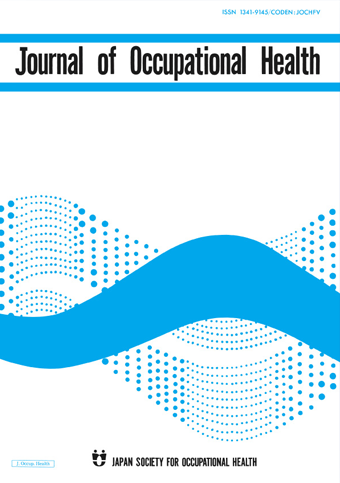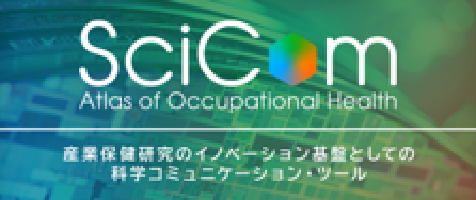Bridging the Gap: An Information Service for Occupational Physicians in Pandemics
In the initial stages of an infectious disease pandemic, like that of COVID-19, dissemination of information is very important, especially by healthcare personnel. At the workplace, occupational physicians must gather reliable information and institute measures to prevent the spread of infection, to protect the occupational health of employees and ensure the business continues to perform well. But at the beginning of a new pandemic, information on various aspects of the disease is sparse because of the lack of sufficient research and data. In such cases, where is an occupational physician to get their information from?
Researchers from Japan set out to answer this question and see if they could come up with a way to help occupational physicians easily obtain such information during the COVID-19 pandemic and future ones.
They first created an information service comprising a list of pieces of information on COVID-19, categorized as information about the virus (host, infectivity), disease (course, testing, treatment), public health measures and regulations in Japan, immigration restrictions, and so on. They then sent this list to several occupational physicians, in addition to guidelines for workplaces and employers, and relevant case studies.
After 4 months, through an online survey, they assessed the usefulness and ease of receiving information in the abovementioned manner as opposed to occupational physicians sourcing the information from the internet themselves.
More than 95% of the respondents said found the information service useful, especially the case studies, because they felt they wouldn’t have received these otherwise. Physicians mainly found the service useful because it summarized the available information efficiently, was regularly updated (so users could access it at their ease), was in Japanese, and sourced from reliable institutions. This was helpful given their busy schedules. However, they wished for more information on guidelines and good practices from the occupational health and safety organizations of other countries.
This survey highlighted the usefulness and need for a proper information service for occupational physicians—one that is easy to access, regularly updated, and reliable—especially during the initial stages of an infectious disease outbreak.
Occupational physicians work with companies and employers, bridging the gap between healthcare and businesses. In a pandemic situation, occupational physicians are the best advisors for companies. Hence, reliable automated information dissemination systems can help equip them well for any future outbreaks like COVID-19.
Link to the original journal article:
https://doi.org/10.1539/eohp.2021-0001-FS
What types of information about the COVID-19 pandemic do occupational physicians find useful?: a survey
Juri Matsuoka, Rina Minohara, Yuko Furuya, Kota Fukai, Haruna Hirosato, Naoto Ito, Kiminori Odagami, Tomohisa Nagata, Masako Nagata, Yuichi Kobayashi, Koji Mori
Here are some ways you can make it easier for your plain-language summary to be discovered once it has been published:
- Upload the summary on your personal, lab/research group, or university website.
- Share the published content with peers and colleagues through your personal social media accounts (Facebook, Twitter, Blogs, and LinkedIn). Link this back to the journal’s social media promotions for your paper.
- Include the link to the published post in your email signature line.
News & Announcement
-
Mar 14, 2025EOH-P has been listed on PMC/PubMed!The articles published in EOH-P have been registered with PMC/PubMed, the U.S. Nation...
-
Jun 11, 2021Lay Summary page open!Lay Summary page provides you article summaries in order of study categories. You can...
-
Oct 1, 2019EOH-P is now released!The Environmental and Occupational Health Practice (EOH-P) has been released. Please ...
Journal Info
Average 46.14 days from submission to first decision
Average 120.95 days from submission to acceptance







